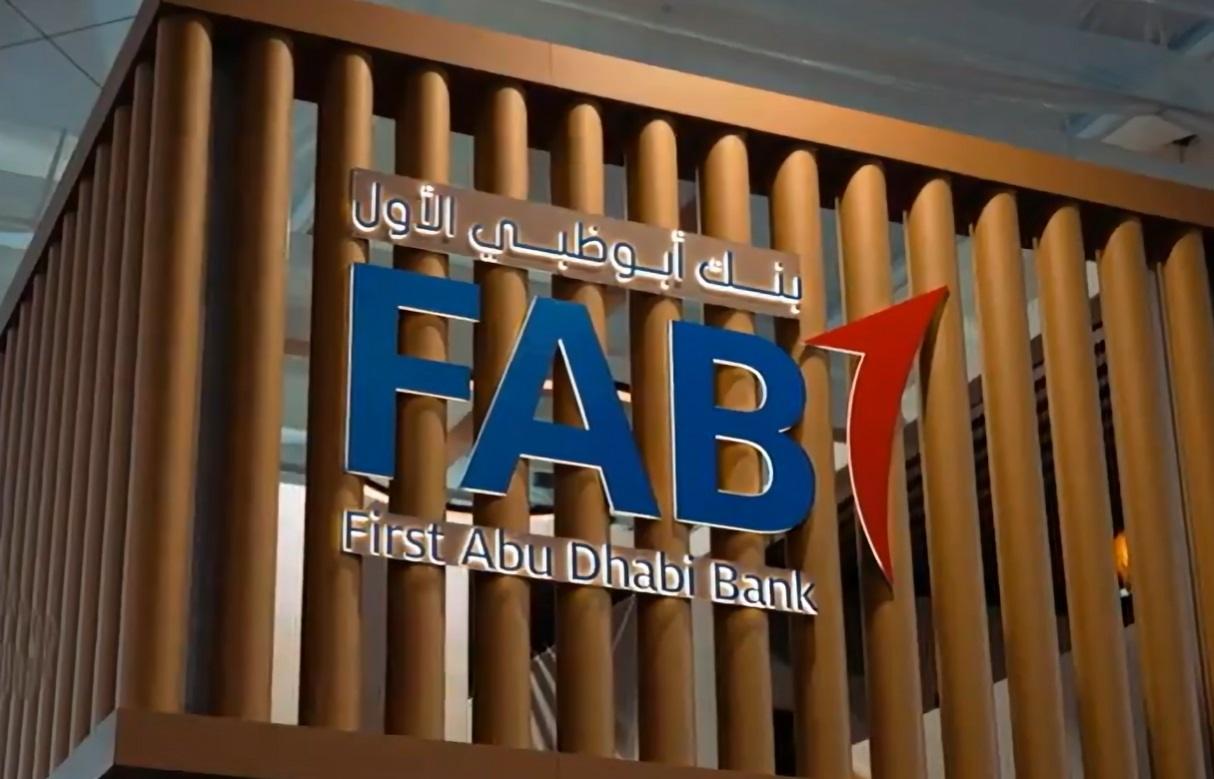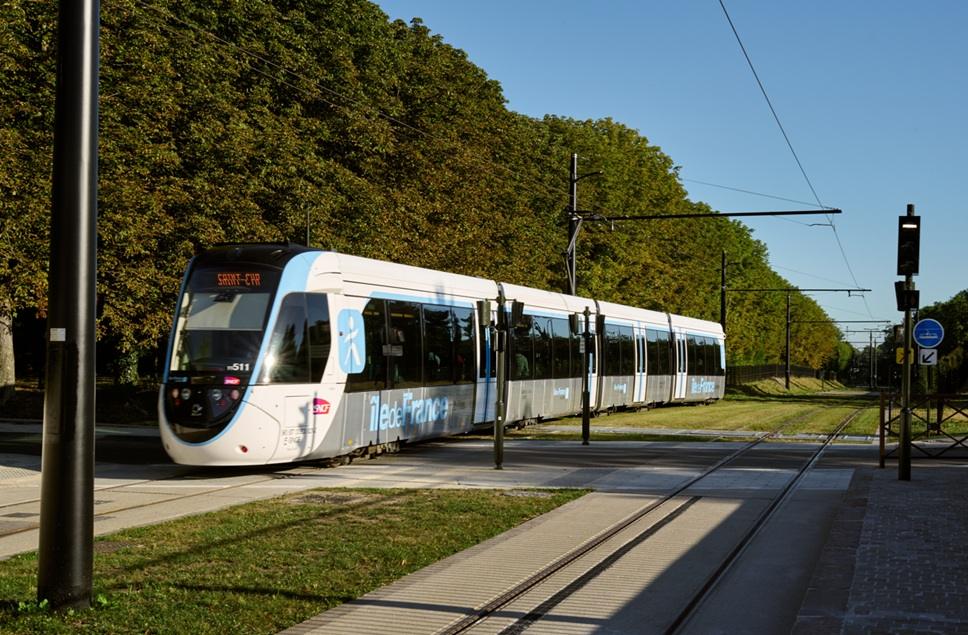FAB Sets $135 Billion Sustainable Finance Goal
First Abu Dhabi Bank (FAB) announced a significant increase in its sustainable finance target, with a new pledge to invest and facilitate over AED500 billion (USD$135 billion) in sustainable and transition financing by 2030.
Announced at the COP28 climate conference in Dubai, the new commitment raises the bank’s green finance target by 80%, compared to its prior commitment of AED275.4 billion, (USD$75 billion), set in 2021. Since announcing the initial goal, FAB said that it has facilitated more than $27 billion in financing towards areas including renewable energy, clean transportation, green buildings and social projects.
Calling the new target “a floor and not a ceiling,” FAB Group CEO Hana Al Rostamani said:
“The UAE has shown us this week what it means to be ambitious, bold and collaborative in its leadership of climate change action for our region and our world. We mirror its desire to accomplish the unprecedented and unlock 80% more resources for transition finance.”
In addition to the increased commitment, FAB said that it will increase the scope of the sustainable finance target to include transition financing targeting heavy, extractive, and other hard-to-abate industries. The target will also now early-stage innovative climate solutions, such as hydrogen. FAB said that the expansion aligns with its commitment “to be a key enabler of the regional sustainable finance agenda and its responsiveness to shifting customer and community priorities.”
FAB Chairman Sheikh Tahnoon bin Zayed Al Nahyan said:
“FAB is deeply integrated into the UAE’s ambition on climate change and net zero, placing sustainability at the heart of social and economic progress. Across the Group, we believe in the urgency to scale investments and financing, as the foundation of climate action. In setting even more ambitious sustainable finance targets by 2030, we are expanding our commitment. Our objectives will accelerate the decarbonisation journey, while supporting the UAE vision and regional, and global net zero agenda.”





